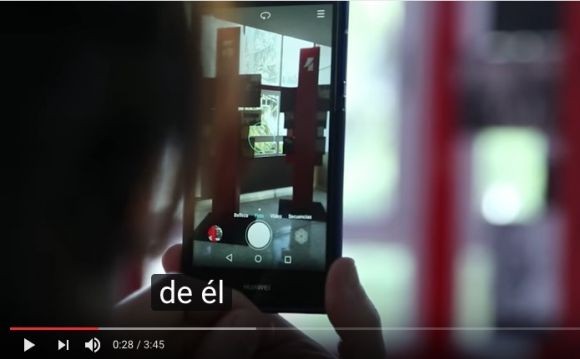The exhibition sets out to show the significant changes that took place in the day-to-day lives and expectations of women of the period through the life and work of a group of female creators, scientists and intellectuals such as Carmen de Burgos, María Goyri, María de Maeztu, Isabel Oyarzábal, María Martínez Sierra, Clara Campoamor, Victoria Kent, Rosa Chacel, María Teresa León, Ernestina de Champourcín, Carmen Conde, Maruja Mallo, Ángeles Santos, María Zambrano, Carmen Gómez Escolar, María del Carmen Martínez Sancho, María Capdevila d’Oriola, Felisa Martín Bravo and Dorotea Barnés. These women made up a progressive group who spearheaded changes in the social model traditionally associated with the female condition. The progress they achieves and the expectations they aroused ground to a sudden halt and experienced new setbacks following the outcome of the civil war and during the years of the Franco dictatorship.
The end of the nineteenth century saw the start of an unprecedented process with respect to women’s role in Spanish society, which was closely related to their growing possibilities of equal access to education and even of exercising a qualified profession. The initiatives of Francisco Giner de los Ríos and the Institución Libre de Enseñanza to promote women’s education are associated with the first steps in women’s emancipation in Spain. In 1870, the Krausist Fernando de Castro created the Asociación para la Enseñanza de la Mujer (Association for women’s education), in which Giner and other members of the Institución took part. Outstanding women such as Sara Gillespie,Emilia de Gayangos, Concepción Arenal and Emilia Pardo Bazán were part of Giner’s closest circle. These women’s friendship and influence attest to their commitment to women’s claims. The Institución was coeducational from the first years and the teaching staff were male and female.





